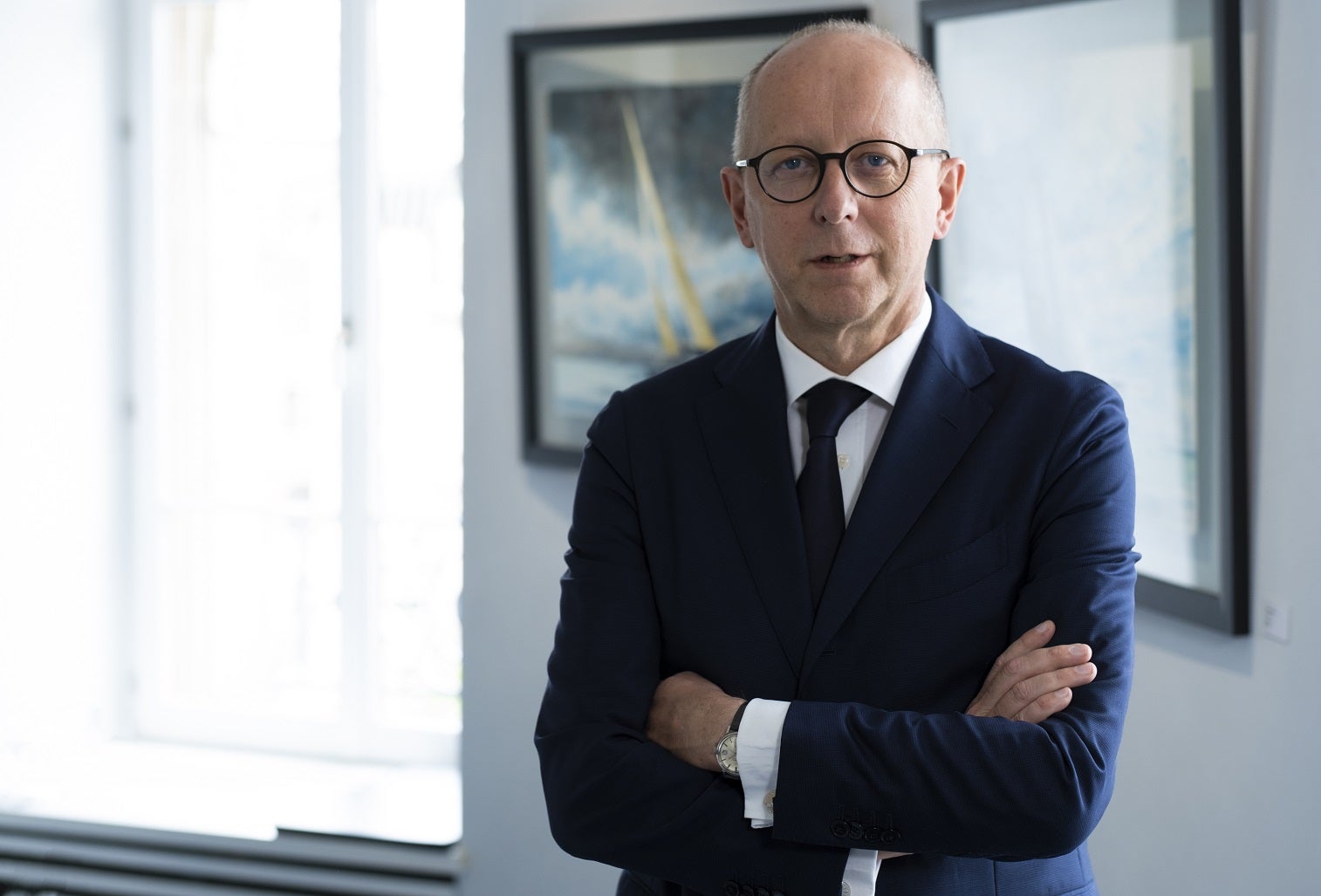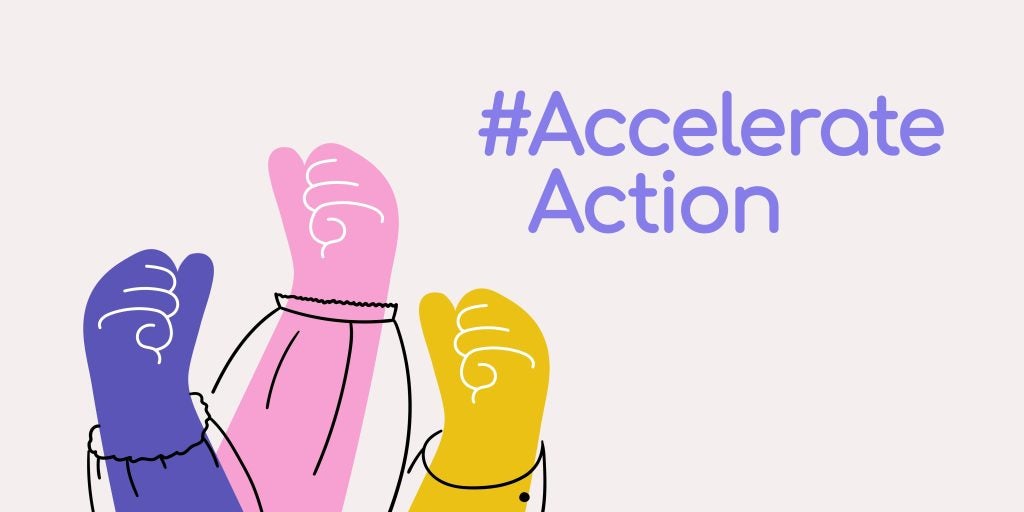
The historic Edmond de Rothschild Group has appointed its new CEO,François Pauly. Patrick Brusnahan sits down with Pauly to discuss the challenges the bank will face in a competitive market and what is next for the banking giant
Patrick Brusnahan (PB): What have you identified as key priorities for the bank and for the group? Is there anything that takes precedence?
It’s much more how we can implement in a limited time period, some of the strategic decisions, which have been taken now for a number of years. Getting to know people within the different layers of management and understanding their own priorities is particularly key in this recovery period.
And also, it’s about making things happen, accelerating in the implementation of strategy going forward.
PB: How much of a priority is it to keep staff happy?
As you know, we are not just based in one country, but we are spread over several countries in Europe and now with the end of some of the travel restrictions, it’s finally possible again to meet in person, where people didn’t have a chance for the last 18 months. Motivating our staff is key.
And also, we have to try to come back to a more normal life. This doesn’t mean that homeworking could not be part of how we will work in the future. But we believe in a bank like ours, we need to have this personal contact with colleagues and clients.
PB: How do you intend to motivate?
PB: What are clients looking for from your banking group?
Because in our history, over the last two centuries, we have always been willing to take on investment challenges.
We show a track record under the same brand for a number of generations. Because of our own history, we have been attracting people who understand what kind of a conviction-driven investment house we are. We are lucky right now that due to the very special situation where you have this very low, and in some countries negative, interest rates, your classical offering in a private bank must be much larger.
Over the last 15 years, we developed illiquid assets, or real assets, like real estate, like private equity, like financing in the private debt market, which brings a lot of added value, and there is strong demand for this asset class. Our offering in the environment brings a substantial advantage compared to some of our competitors, who are only starting now to offer real assets in their global offerings.
PB: How would you describe the typical clients of the bank?
So typically, at the beginning, our clients have been entrepreneurs, and maybe they are still the first generation so we replicate that in some markets. We are very much connected to the start-up community.
In other situations, we are supporting already the second or third generation of entrepreneurs, which enables us to have maybe a longer-term perspective with these clients. They are no longer involved in a day-to-day business, but they are rather looking at their own investments and trying to think about how to manage their financial assets, or indeed other assets, and bringing them into the next generation.
We definitely have to address some of the big concerns they might have such as like how can I keep my family assets? How can I run a next generation programme? How can I diversify? How can I have maybe an exposure to new asset classes?
PB: Who would you say your main competitors are in the private banking sector?
In Paris, or also where we have a big operation in the Spanish and Italian markets, we are always competing with their domestic retail banks who have private banking activity.
What is more volatile are the US private banks, like Goldman Sachs or JP Morgan, that could enter a market in a very aggressive way, often through one angle, and then trying to look whether they could acquire over a short period of time, some of the more extreme or high net worth individuals, whatever name you want to put on them. That’s the kind of competition which we see.
PB: What is your vision for the bank?
We put a lot of emphasis in our product offering on impact investing and ESG criteria. And we are seeing now, at least from our European clientele, a very strong interest. As the family has been investing over the last 15 years in much more high impact strategies than maybe other private banks, we certainly will put an emphasis on this.







